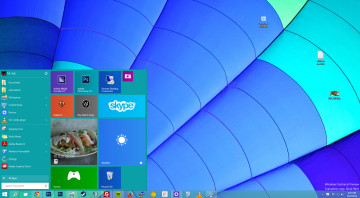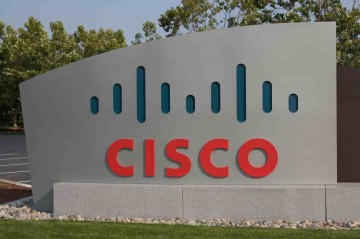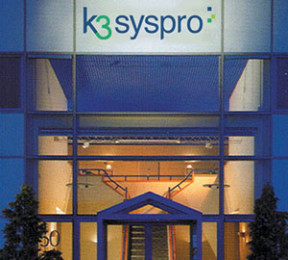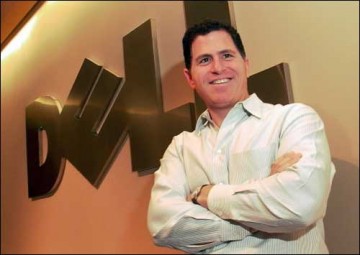 Beancounters at Gartner said that thedData centre industry is about to see some rapid change after 15 years of more or less being a snooze.
Beancounters at Gartner said that thedData centre industry is about to see some rapid change after 15 years of more or less being a snooze.
In its 2015 Magic Quadrant for Data Center Networking report Big G said that emerging innovations like software-defined networking (SDN) and disaggregation switching, and data centre networking was shaking up the industry.
Unlike in the past, vendor differentiation is shifting toward software — including management, automation and orchestration — compared with hardware.
Gartner Research Director Andrew Lerner, who co-wrote the report said most of the suppliers were the same names as they everywere. But positions have have changed within the industry. Arista Networks becoming a Leader and Dell is being more progressive.
The report found that the adoption of and interest in white-box switches over the past year have increased significantly within hyperscale data centres.
Dell twigged to the fact that a white-box or branded white-box was the key and then Juniper followed, then HP.
There is now a demand for a denser, more highly virtualised data centre to improve agility within networks. Organizations want less proprietary, closed systems than have typically filled the space.
The market leader is still Cisco and has the largest installed base of any vendor in the quadrant, Cisco is by far the global leader in port shipments and revenue.
Gartner’s report slams Cisco for overlapping, conflicting architectures as well as one of the priciest solutions on the market.
Cisco’s flagship Application Centric Infrastructure (ACI) is “less open” than some SDN products, said Lerner, but “if you’re looking for an open solution, they do have a broad portfolio.”
Arista is the fastest-growing vendor in the space and is one of only two companies – including Cisco – that Gartner refers to as Leaders.
Arista has taken a open and agnostic approach that’s cost-effective, so it’s a very compelling story for company’s the report said.”
HP is not doing that badly either. The No. 2 player in the market has a strong global reach, a broad portfolio and open SDN. HP was rated the most open vendor, according to Gartner research surveys.
What is keeping the computer giant from being a leader in the market is its failure to execute sales from a channel perspective.
“From a portfolio perspective, they can go toe-to-toe with anybody. … They have the HP brand and the global distribution channel, so on paper, they should be a fierce competitor,” said Lerner. “The reality is, we don’t see the HP distribution channel putting the HP data center networking portfolio in front of customers with the same degree of fervor as, say, a Cisco or even an Arista.”
Dell was the most innovative vendor in the marketplace over the past year, with more than 24,000 networking customers, jumping from a niche player in 2014 to a visionary this year.
Dell was the first mainstream vendor to support a disaggregation switching solution that allowed organizations to run third-party networking software on Dell hardware.
VMware was the only vendor that made the quadrant that doesn’t provide hardware in the data centre. The company’s flagship NSX SDN overlay product garners a high degree of interest and has a proven track record of reliability with customers.
VMware’s suffers from an immature channel and sales coverage which is triggering its growth.
 More vendors are working out ways to get their resellers at the heart of cloud based operations.
More vendors are working out ways to get their resellers at the heart of cloud based operations.


















